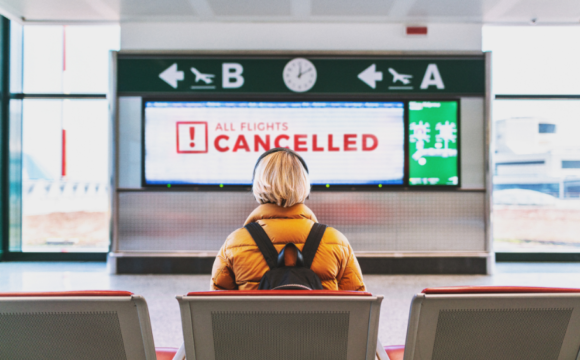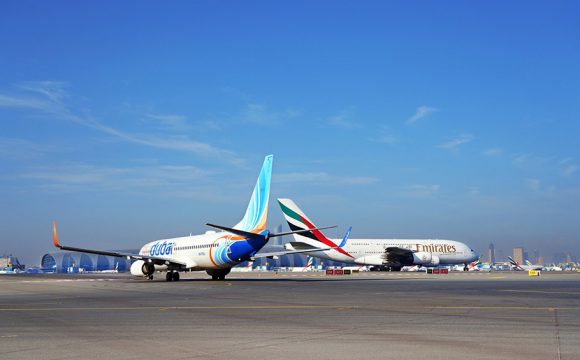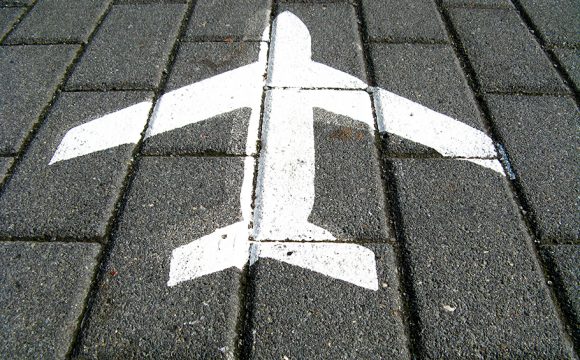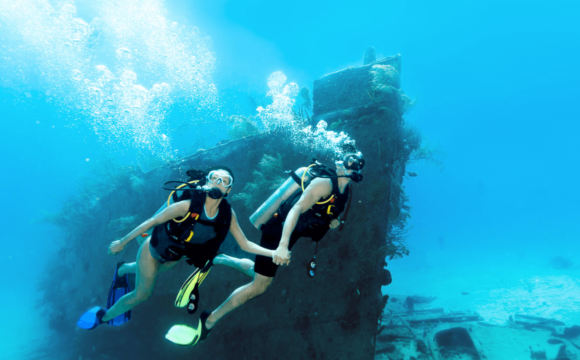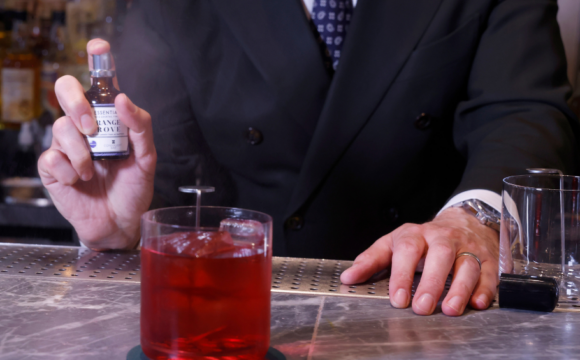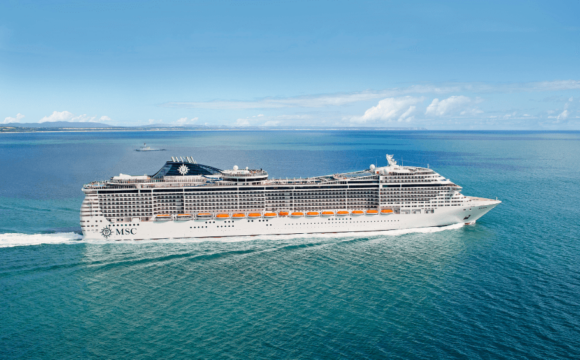Travellers’ tummy or diarrhoea is mainly caused by eating contaminated food, using contaminated utensils or drinking contaminated water. It is often local strains of bacteria or viruses that cause the problems due to depleted immune system to fight them off.
Horrible as it is to think about, it could be that the hands of those making your food aren’t clean or insects carrying dirt could land on food if it is left out. You can also get diarrhoea from direct contact with an infected person or taking a gulp of contaminated water while swimming.
The way to avoid the problems according to Professor Glenn Gibson, leading gut expert from University of Reading is to think ahead and be prepared.
Here are his five top tips:
- Don’t drink from the tap: It’s easy to forget when travelling abroad as we’re so used to turning on the tap when thirsty or brushing our teeth, but it’s really important to remember to drink only bottled water when on holiday. Drinking unsterilised water whilst away can cause upset to your gut as it contains different minerals to water at home. Stay safe and ensure you stock up on bottled water to have at your hotel and on the move.
- Boost your good bacteria with a prebiotic: The best way to prevent the chances of getting ‘travellers tummy’ or help manage symptoms of diarrhoea is by boosting the good bacteria in your gut. They prevent the bad bacteria from attaching to the intestinal wall and support the immune system against new strains of bacteria.
- Prebiotics are like a fertiliser for the good bacteria and can help them flourish. Bimuno® is clinically proven to work in this regard. You can take it in a chewy pastille or sprinkle a powder in your coffee, tea or cereal.
- To get the greatest protection start taking it at least a week before you travel and the whole time you are away. Taking Bimuno® Travelaid 7 days prior to travel and for the duration of the trip, has been shown to reduce the incidence and duration of travellers’ diarrhoea.
- Watch what you eat: Don’t consume food from street vendors and be wary of some of the places that are recommended to you. Make sure you avoid unpasteurised milk and dairy products such as cheese and ice-cream, and raw or undercooked meat, fish and shellfish. Ensure that any food you do eat has been freshly prepared, to avoid eating something that has been sat out for a few hours.
- Always wash your hands: Germs are spread so easily, so it’s so important to wash your hands regularly to avoid contamination. Make sure you wash them often and always before eating and going to the toilet, to help stop traveller’s tummy in its tracks!
- Carry a hand sanitiser: You can buy these in all chemists and often at newsagents these days. They can just be popped in a bag or purse to use throughout the day. Sometimes soap and water aren’t around and this is an easy alternative.







